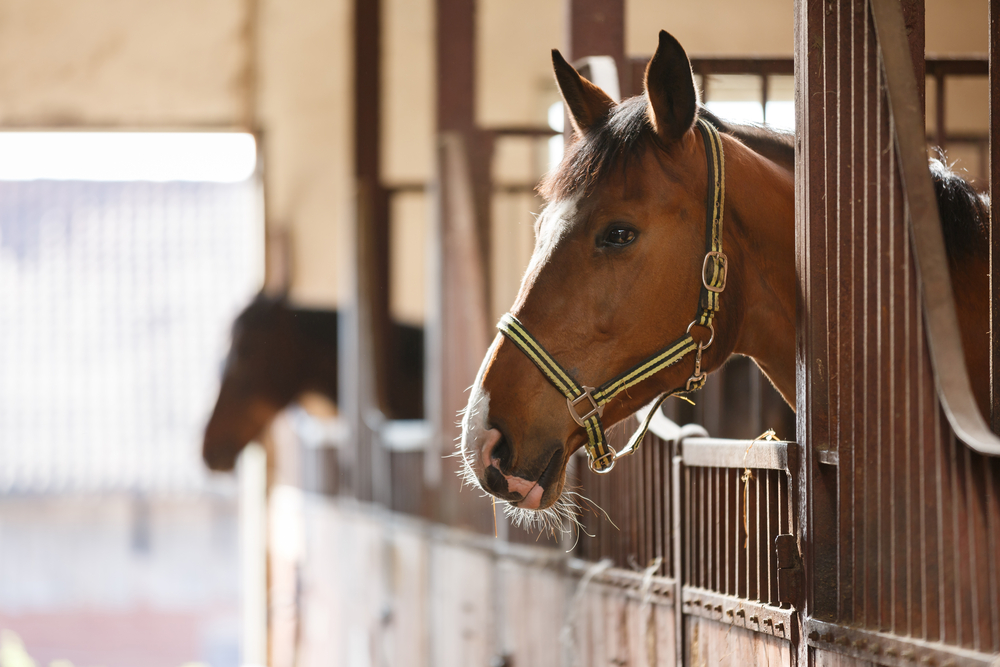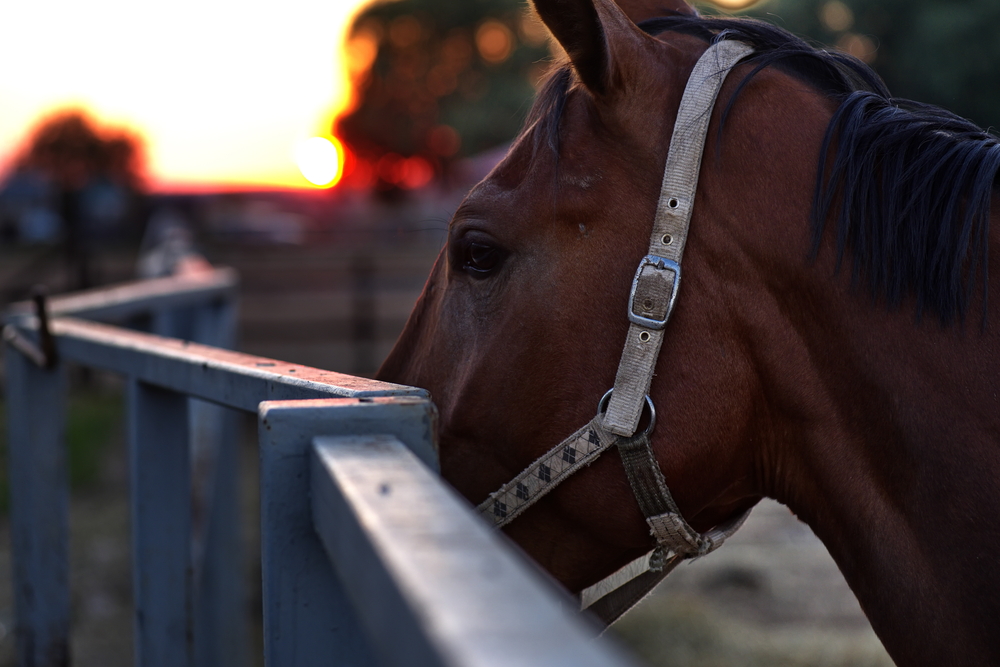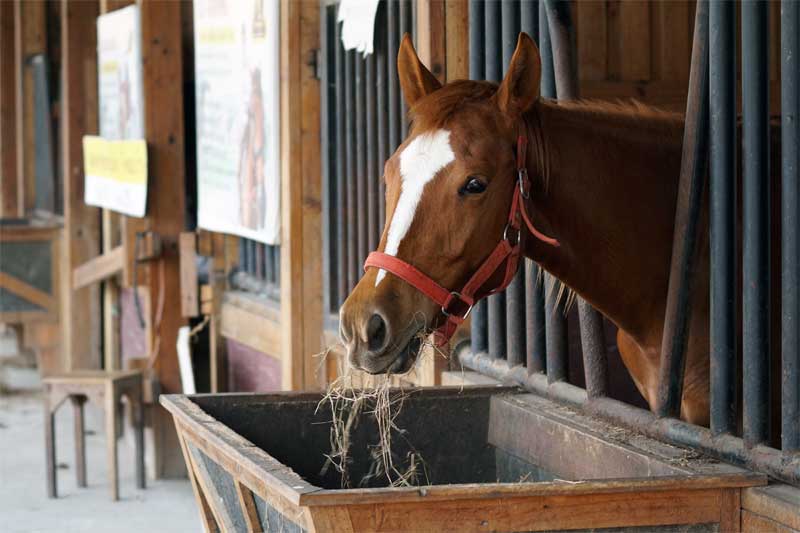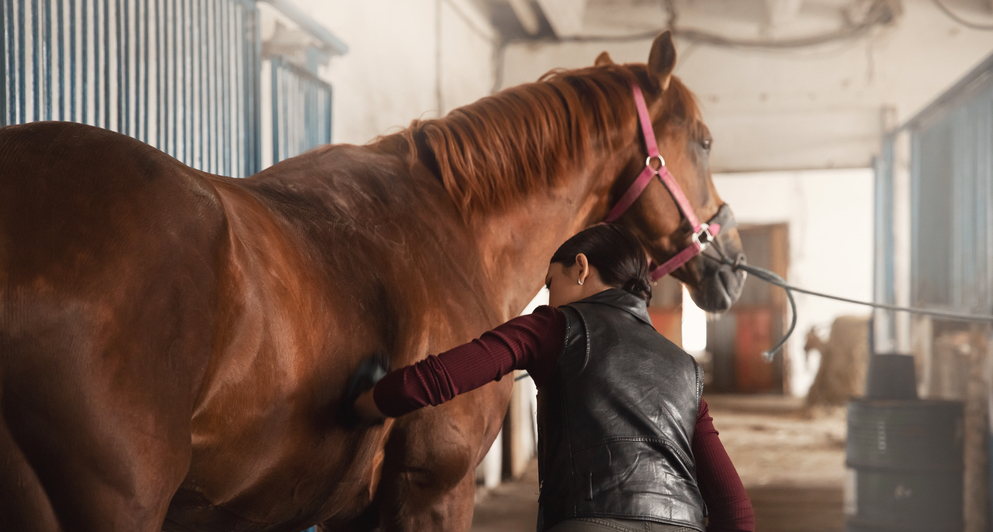
Fly Season is Here: Managing Pests and Protecting Your Horses
As Tucson heats up in June, so does the activity of pests that can cause major discomfort—and even danger—for your horse. Flies, gnats, and ticks are more than just a nuisance; they can lead to serious skin irritations and disease transmission. At Adobe Veterinary Equine & Livestock Center, we believe proactive fly management is an essential part of summer horse care.
Protecting Your Horse: Fly Control Options for Every Barn
Keeping flies at bay starts with a solid defense system. Luckily, there are a variety of tools available:
1. Fly Sprays: Choose a vet-recommended formula that offers long-lasting protection. Rotating between active ingredients can help prevent resistance.
2. Fly Masks & Sheets: Physical barriers are a must. Masks protect sensitive areas like eyes and ears, while fly sheets shield the body from bites.
3. Leg Wraps & Ear Bonnets: Great for sensitive horses that need additional protection.
4. Fly Traps & Zappers: Strategically placed around the barn, these help reduce the adult fly population.
5. Automatic Misting Systems: Ideal for larger barns, these systems distribute insecticides at timed intervals for consistent control.
Watch for Fly-Borne Diseases and Skin Irritations In Your Equine Companion

Flies do more than annoy—they bite, lay eggs, and transmit disease. Key concerns for horse owners include:
Summer Sores (Habronemiasis): Caused when flies deposit parasite larvae into open wounds or mucous membranes, these painful lesions can worsen quickly without treatment.
Sweet Itch (Culicoides hypersensitivity): An allergic reaction to gnat bites that leads to intense itching, hair loss, and skin infections.
Eye Irritations and Conjunctivitis: Flies congregate near the eyes and can introduce bacteria, causing swelling, discharge, and discomfort.
Prompt veterinary care is critical at the first signs of swelling, lesions, or behavioral changes linked to fly irritation.
Barn Management Tips to Keep Flies Away From Your Four-Legged Friends
Your horse’s environment plays a huge role in pest control. Here are barn-smart strategies for reducing fly populations:
– Clean Manure Daily: Flies breed rapidly in manure; removing it frequently is your first line of defense.
– Control Moisture: Eliminate standing water in troughs, buckets, or drainage areas—ideal breeding sites for gnats and mosquitoes.
– Use Fans in Stalls: Flies hate moving air. Fans can significantly reduce their presence in barns and shelters.
– Implement Fly Predators: These tiny parasitic wasps are harmless to horses and humans but feast on fly larvae, helping to break the breeding cycle.
– Feed-Through Fly Control: Some supplements make manure less hospitable to larvae development. Ask your vet if this is right for your horse.

Protect Your Horses: Contact Adobe Veterinary Equine & Livestock Center for Compassionate Equine Care!
Fly season doesn’t have to mean constant swatting and itching. With the right prevention strategies—and support from your trusted veterinary team—you can keep your horse comfortable and healthy all summer long.
If you notice excessive itching, unusual skin lesions, or signs of eye discomfort, don’t wait. Schedule an appointment at Adobe Veterinary Equine & Livestock Center today and let our expert team help your horse thrive this season.
Call us or book online to beat the buzz—before it bites!







